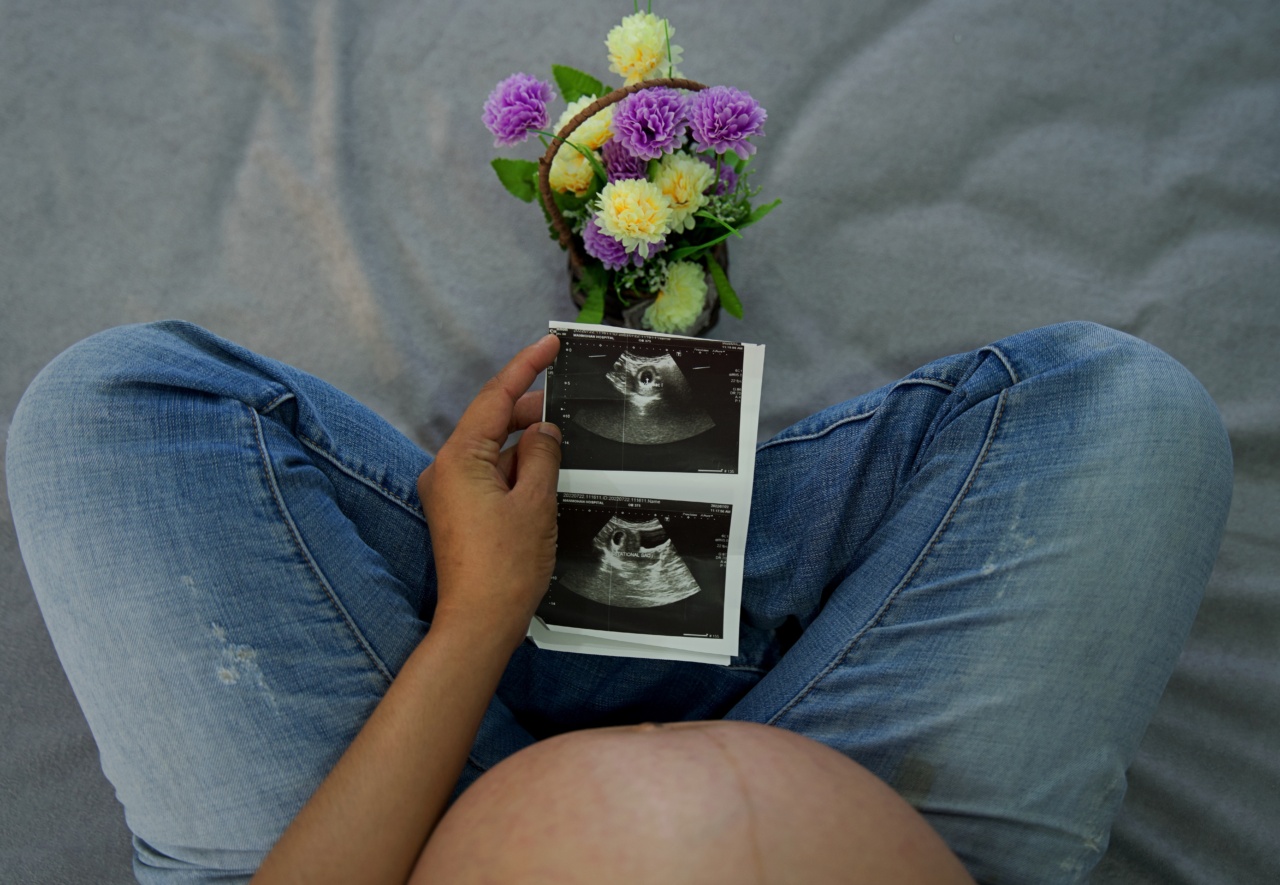When you are pregnant, your body requires extra nutrients to support the growing fetus and to maintain your own health.
While most people consider nutrients like folic acid, iron and calcium to be essential during pregnancy, one of the lesser-known nutrients that is important is potassium. In this article, we will explore the power of potassium in pregnancy and why it is essential for a healthy pregnancy.
What is Potassium?
Potassium is a mineral that plays a critical role in many bodily functions, including the functioning of the heart, kidneys, muscles and nerves. It is an electrolyte, meaning that it helps to regulate the balance of fluids in your body.
Potassium also plays a role in the metabolism of carbohydrates and protein and is important for maintaining healthy blood pressure levels.
Why is Potassium Important During Pregnancy?
During pregnancy, your body requires more potassium than usual to support the development of the fetus.
Potassium helps to regulate the fluid balance in your body, which is particularly important during pregnancy when there is an increased demand for fluids to support the growth of the baby. Potassium also plays a role in preventing muscle cramps, which are common during pregnancy.
Research has also shown that potassium can help to reduce the risk of high blood pressure during pregnancy, which can be dangerous for both the mother and the baby.
One study found that women who consumed more potassium during pregnancy had a lower risk of developing high blood pressure than those who consumed less potassium.
How Much Potassium Do You Need During Pregnancy?
The recommended daily intake of potassium for pregnant women is 2,500 mg per day. This can be achieved through a balanced diet that includes plenty of fruits, vegetables, and potassium-rich foods such as potatoes, bananas, avocadoes, and leafy greens.
Symptoms of Potassium Deficiency During Pregnancy
A deficiency in potassium during pregnancy can lead to a variety of symptoms, including muscle weakness, muscle cramps, and fatigue. It can also lead to an increase in blood pressure, which can be dangerous for both the mother and the baby.
If you experience any of these symptoms during pregnancy, it is important to speak with your healthcare provider to determine if a potassium deficiency may be the cause.
Can You Take Potassium Supplements During Pregnancy?
Potassium supplements are generally not recommended during pregnancy, as it is typically possible to get the necessary amount of potassium through a balanced diet.
However, certain medical conditions or pregnancy complications may require potassium supplements to be prescribed by a healthcare provider. It is important to discuss any supplement use with your healthcare provider before taking them during pregnancy.
Potassium-Rich Foods During Pregnancy
There are many delicious and nutritious potassium-rich foods that are safe to consume during pregnancy. Some examples of potassium-rich foods include:.
- Bananas
- Avocadoes
- Potatoes
- Spinach
- Orange juice
- Figs
- Apricots
It is important to ensure that you are consuming a variety of foods to get all of the nutrients you need during pregnancy, including potassium.
Conclusion
Potassium is an essential nutrient that plays a critical role in many bodily functions, particularly during pregnancy.
Ensuring that you are getting enough potassium during pregnancy can help to support the healthy development of your baby and can reduce the risk of complications such as high blood pressure. Incorporating potassium-rich foods into your diet can be a simple and effective way to get the necessary amount of potassium without the need for supplements.






























